In today’s fast-paced world, stress often feels like an unavoidable part of daily life. While a little bit of stress can sometimes motivate us to meet deadlines or push through challenges, chronic stress is far from harmless. Over time, it can take a serious toll on both the body and the mind, affecting everything from your energy levels to your immune resilience.
The Body’s Stress Response
When you’re under stress, your body activates its “fight-or-flight” response. Stress hormones like cortisol and adrenaline surge, increasing heart rate, blood pressure, and alertness. This is helpful in short bursts, but when stress becomes constant, these heightened states put strain on your body.
Stress, the Nervous System, and Immunity
It’s important to understand how deeply connected the nervous and immune systems are. Stress primarily affects the nervous system, but because these two systems work in close synergy, prolonged stress also weakens immune defenses. While our bodies can handle short-term stress, living in a constant state of tension undermines resilience and makes us more susceptible to viruses, bacteria, and even fungal infections.
Effects of Stress on Physical Health
- Weakened Immunity: Chronic stress suppresses immune function, leaving you vulnerable to illness.
- Digestive Issues: Stress may trigger stomachaches, bloating, indigestion, or worsen conditions like IBS.
- Heart Health Risks: Ongoing stress can raise blood pressure, increase inflammation, and harm cardiovascular health.
- Sleep Disruptions: Stress often interferes with rest, leading to fatigue and reduced resilience.
- Hormonal Imbalance: Elevated cortisol can disturb metabolism, weight balance, and reproductive health.
Effects of Stress on Mental Health
Stress doesn’t just impact the body—it directly affects your emotional well-being too. It can contribute to:
- Anxiety and irritability
- Difficulty concentrating
- Mood swings or low motivation
- Increased risk of depression and burnout
Herbal Allies for Stress Relief
Certain herbs have been used for centuries to restore balance and resilience in the body. Each offers unique support for the nervous system, adrenal glands, and immune function:
Siberian Ginseng (Eleutherococcus senticosus)
A great example of how the adrenal glands (part of the endocrine system) influence both the nervous and immune systems. Siberian Ginseng is an adaptogen, helping the body adapt to stress, while also acting as an immune stimulant and immuno-modulator. It serves as a general tonic, supporting overall balance and vitality in the body.
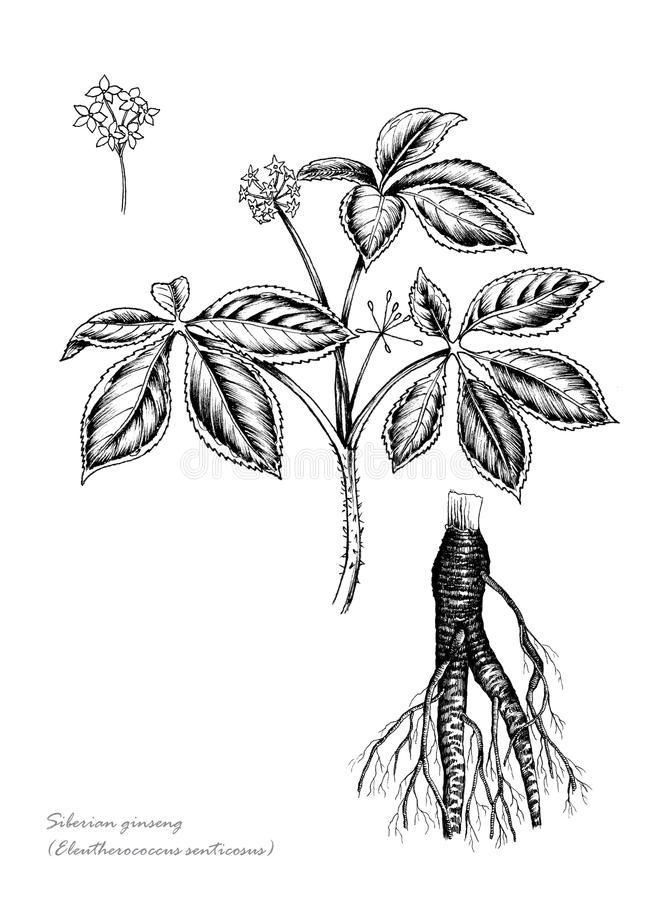
American Ginseng (Panax quinquefolius)
Another adaptogen, American Ginseng supports energy and vitality while reducing fatigue. Unlike calming nervines, it does not act directly on nerve cells to quiet them. Instead, it strengthens the body’s resistance to stress. Cooling and calming in nature, it is especially helpful for people experiencing heat signs such as irritability, restlessness, dry mouth, night sweats, or a red tongue. It’s also beneficial for individuals with anxiety, fiery temperaments, or overstimulation—especially when paired with fatigue, dryness, and inflammation.
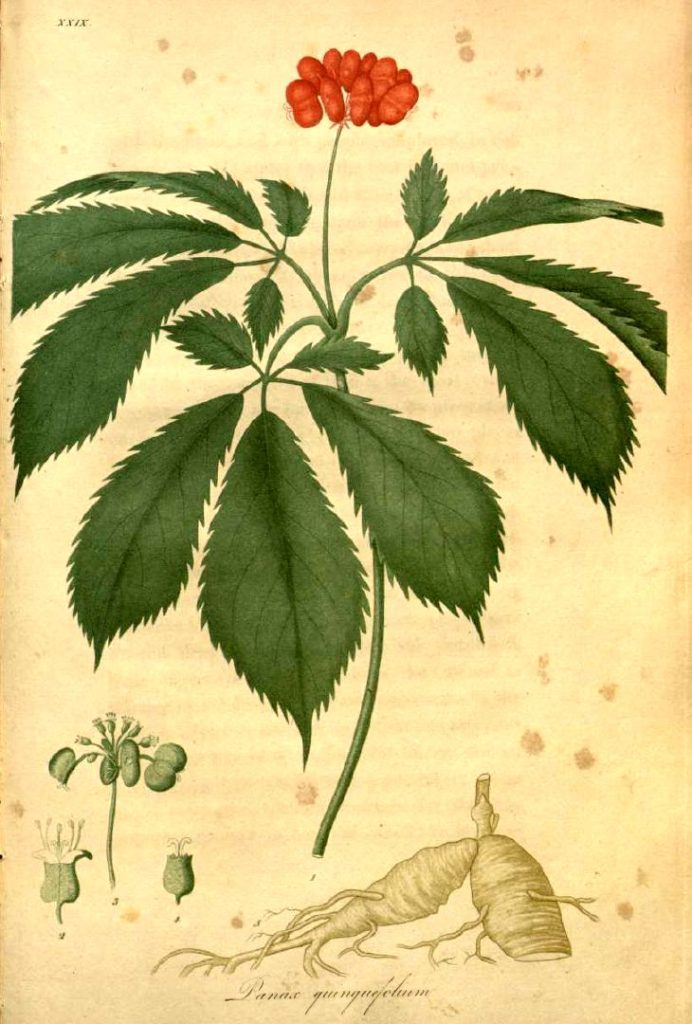
Chamomile (Matricaria recutita)
A well-loved herb known for its calming effects on the nervous system. Chamomile helps relax the body, ease tension, and prepare the mind for restorative sleep. It’s a gentle yet powerful ally for stress-related nervousness and sleeplessness.
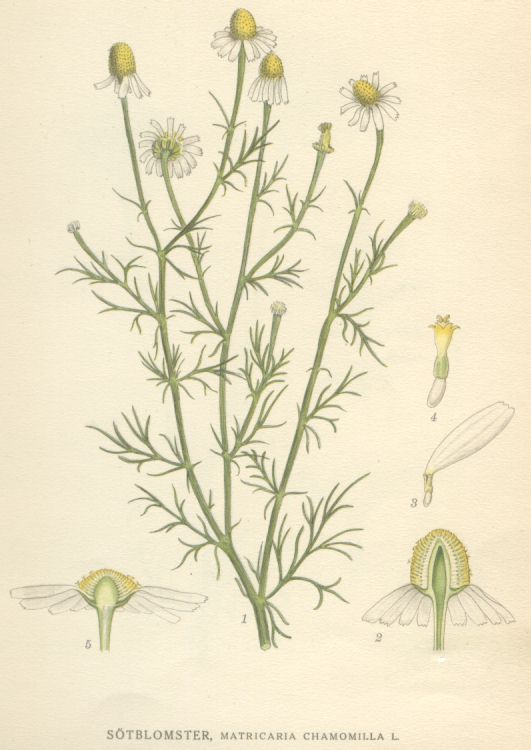
St. John’s Wort (Hypericum perforatum)
Traditionally used to support emotional well-being, St. John’s Wort is often recommended for mild depression, nervous tension, and mood fluctuations. It helps regulate neurotransmitters linked to mood, making it a natural ally for those whose stress manifests as sadness or low motivation.

Gotu Kola (Centella asiatica)
A rejuvenating herb used in both Ayurvedic and Chinese medicine, Gotu Kola is prized for supporting mental clarity, concentration, and calm. It helps strengthen the nervous system, ease anxiety, and restore balance during prolonged periods of mental strain.
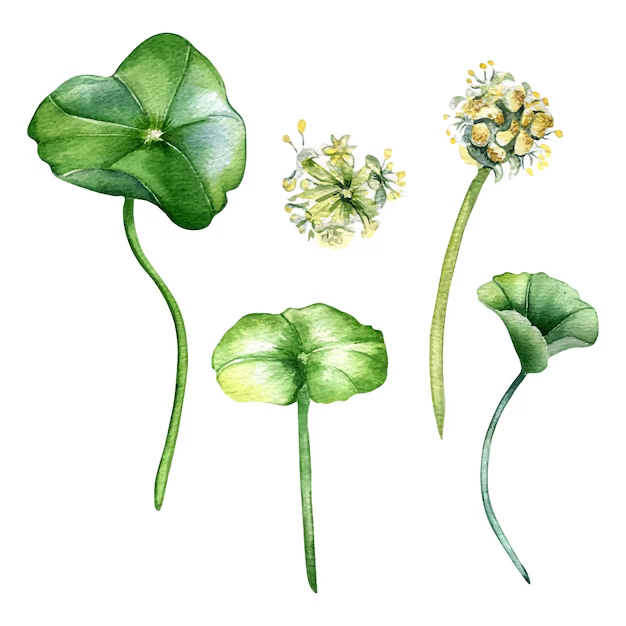
Lemon Balm (Melissa officinalis)
With its gentle lemony aroma and flavor, Lemon Balm is a soothing nervine that helps reduce anxiety, promote relaxation, and support restful sleep. It’s particularly useful for stress-related digestive upset, as it calms both the mind and the gut.
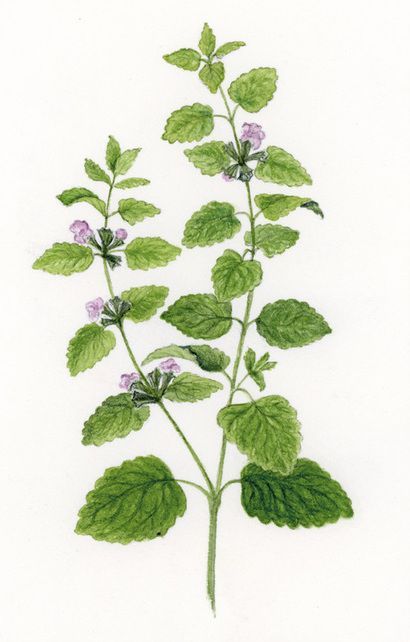
Healthy Ways to Manage Stress
The good news? While stress is inevitable, how you respond to it makes all the difference. Alongside herbal support, simple daily practices can help reduce its impact:
- Mindful Movement: Yoga, stretching, or walking calms both body and mind.
- Breathwork & Meditation: Deep breathing and mindfulness exercises lower cortisol and restore balance.
- Restorative Sleep: Prioritizing rest allows the body to recover and regulate stress hormones.
- Nutrition Support: Whole foods nourish the body with what it needs to stay resilient.
- Connection: Talking with loved ones or joining supportive communities helps ease emotional strain.
Stress may be unavoidable, but it doesn’t have to control your health. By recognizing its effects and embracing herbal allies like Siberian Ginseng, American Ginseng, Chamomile, St. John’s Wort, Gotu Kola, and Lemon Balm, you can strengthen your nervous system, protect your immune health, and cultivate resilience in the face of life’s challenges.

